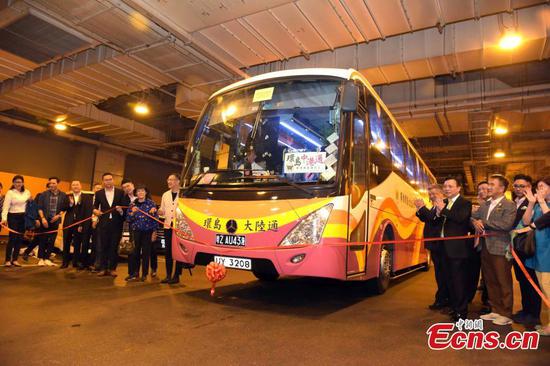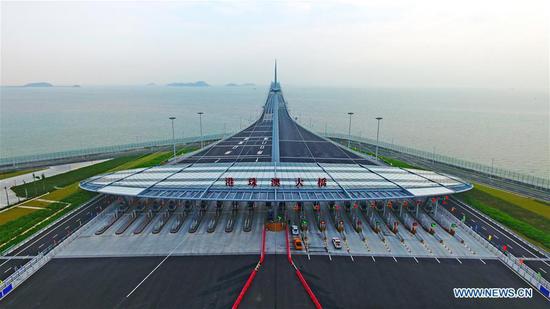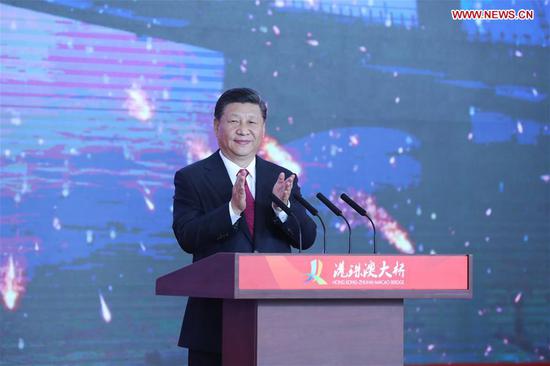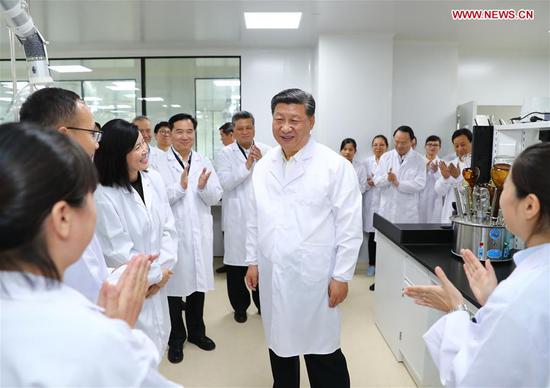China's Geely Group Company and Germany's Daimler Mobility Services announced Wednesday that they would form a premium ride-hailing joint venture in China.
The joint venture will provide ride-hailing mobility services in several Chinese cities using premium vehicles, including Mercedes-Benz vehicles, according to a joint statement by the companies.
The fleet will initially include Mercedes Benz S-Class, E-Class and V-Class, as well as Maybach vehicles, and could be supplemented by premium electric vehicles from Geely Group.
The joint venture will have a 50-50 ownership split and be headquartered in the eastern Chinese city of Hangzhou. Daimler Mobility Services is a subsidiary of German automaker Daimler Group, and Geely Group Company is Chinese carmaker Geely Holding Group's new business entity.
The two companies will jointly develop the software infrastructure required to support the business.
"The joint venture will play a significant role as we continue to enlarge our portfolio and global presence and solidify our strong position in the mobility market," said Klaus Entenmann, head of Daimler Financial Services.
Geely Holding launched CaoCao, a Chinese domestic ride-hailing service that currently has more than 17 million registered users, with 1 million regular active users on the app, according to the statement.
Daimler is currently providing free-floating as well as station-based car-sharing services to over 470,000 customers in China, it added.
"The development of such services, in which both companies already have a presence, forms part of our transformation from a vehicle manufacturer into a global automotive technology group," said An Conghui, president of Geely Holding.
"There is still great potential for the ride-hailing industry in China," said Chen Liteng, an analyst on digital economy. "To meet growing customer need is probably why automakers like Geely have ventured into the business."
However, Chen said it was still early to predict how the market would react to premium ride-hailing services, as high-end vehicles like Mercedes Benz may not be optimal for daily commuting, due to their high cost.
For many customers, the services provided by the new joint venture will simply offer another means to get home early.
"I have installed two ride-hailing apps on my phone, but it is still very hard to get a car during rush hour or on rainy days," said Zhou Zhaozhong, who works in Hangzhou.
Zhou said cost would be the biggest factor for customers when choosing if to use the service.
In 2017, the total volume of the ride-hailing market in China reached 30 billion U.S. dollars, according to consulting firm Bain.


















































